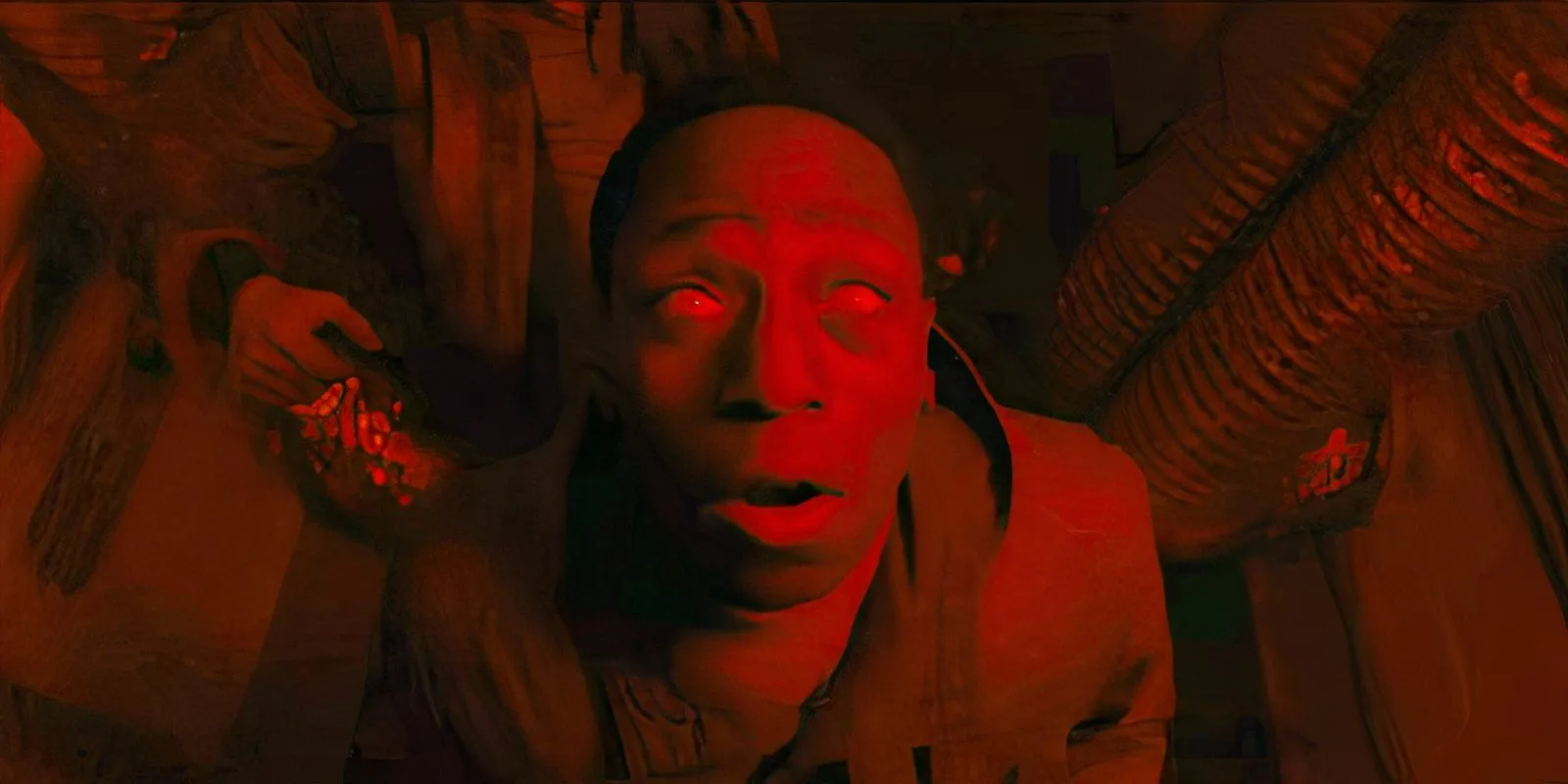Ridley Scott’s Prometheus marked his long-anticipated return to the renowned Alien franchise, a significant 33 years after he directed the original 1979 classic. Instead of merely delivering another intense and atmospheric horror experience set in space, Scott surprised audiences with a prequel that intricately explores the origins of the xenomorphs, framed within a haunting Biblical allegory.
Upon its release in 2012, Prometheus faced a mixed reception among fans. While it has since been reassessed as an underrated masterpiece, the film initially sparked controversy, particularly regarding its perceived lack of fear factor, questionable character decisions, and the contention that the xenomorphs were more effective as an elusive cosmic enigma rather than as products of a backstory. Responding to fan feedback, Scott shifted gears with the follow-up, Alien: Covenant, opting to craft a more traditional horror narrative—what some have dubbed a ‘haunted house in space.’
Alien: Romulus Outshines Covenant as a Sequel to Prometheus
Romulus Focuses on Unraveling Prometheus’ Mysteries





Despite Alien: Covenant being touted as the direct sequel to Prometheus, it adopts the characteristics of a standalone Alien film, largely dismissing key narrative threads from its predecessor. One intriguing plot element introduced in Prometheus was Elizabeth Shaw’s quest to reach the Engineers’ home planet to uncover their motives for humanity’s annihilation. However, Covenant sacrifices Shaw’s character and instead follows a fresh ensemble of space colonists responding to a distress call, leading them into perilous encounters with the xenomorphs. While it serves as an entertaining entry in the Alien series, it falls short as a substantive continuation of Prometheus.
In stark contrast, Alien: Romulus does an exceptional job of delving into the enigmatic black goo and the complex interplay within the life cycle of the Engineers, the black goo, xenomorphs, and humans. This film builds upon the groundwork laid by Prometheus, providing clarity without requiring any retcons. The introduction of the Engineer-like hybrid character, referred to as “The Offspring” in Romulus, offers an exciting evolution of the biological mysteries previously established.
Alien: Covenant Discarded Key Elements That Made Prometheus Engaging
David: The Sole Compelling Element Retained from Prometheus

In crafting Alien: Covenant, Scott and his production team made the decision to abandon many of the intriguing aspects that made Prometheus captivating. Following the polarized response to the latter, studio executives pushed for a more conventional Alien experience. The outcome was a film that struggled to find its footing, wavering between being a sequel to Prometheus and a standalone installment. The film does manage to retain the best element from its predecessor—Michael Fassbender’s complex android character, David—but that alone was insufficient to elevate its overall impact.


